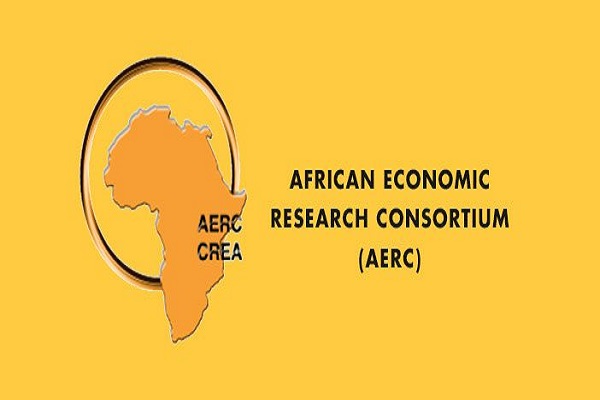The African Economic Research Consortium (AERC) has raised alarms over Nigeria’s low health insurance coverage, with less than five percent of the country’s over 200 million population enrolled. According to AERC, this minimal coverage severely hinders the nation’s human capital development and calls for urgent government intervention.
The AERC highlighted that 27 years after the establishment of the National Health Insurance Scheme (NHIS), designed to alleviate the financial burden of out-of-pocket healthcare expenses, only a small fraction of Nigerians are covered. This revelation was presented during a policy dialogue held in Abuja by AERC and the Nigerian Institute of Social and Economic Research (NISER), focusing on human capital development in Nigeria. Themed “Leveraging Economic Development Through Human Capital in Nigeria: The Roles of Foreign Direct Investment and Health,” the event brought together key stakeholders to discuss Nigeria’s development potential.
In his presentation, Dr. Terrence Kairiza of Bindura University of Science Education, Zimbabwe, underscored that despite the NHIS being mandatory for workers in both public and private sectors, it has failed to achieve significant coverage, leaving most Nigerians without health insurance by 2022. He expressed concern that Nigeria’s population growth is not translating into corresponding human capital development, particularly as a substantial portion of the population consists of youth who represent immense untapped potential.
Kairiza explained that human capital could be advanced through external means, such as Foreign Direct Investment (FDI), as well as internal investments in healthcare and education. He noted, “Nigeria’s health insurance coverage remains alarmingly low, with less than 5 percent of its 208 million population covered. Uptake is concentrated in major business hubs, with disparities evident across states, gender, and sectors.”
He further revealed that private health insurance, particularly employer-based plans, dominates coverage, with 94 percent of health insurance uptake coming from private employers as of 2018. While commending government efforts to mandate health insurance for all citizens, Kairiza emphasized that the results have been modest, especially for workers in the informal sector and women.
To address this, Kairiza proposed a two-pronged approach. On the supply side, he suggested offering subsidies to informal sector workers and women to reduce premiums, developing affordable and limited-benefit insurance products, and implementing online platforms for seamless enrollment. On the demand side, he advocated for educating informal workers about the benefits of health insurance, streamlining enrollment processes, and promoting group insurance within informal sector associations.
Despite the current challenges, Kairiza expressed optimism about Nigeria’s ability to strengthen human capital through strategic investments and FDI. As one of Africa’s leading recipients of FDI, Nigeria is well-positioned to harness the benefits of human capital to spur economic development.
NISER’s Executive Secretary, Prof. Antonia Simbini, echoed these sentiments, stating that the policy dialogue aimed to present preliminary research findings and foster stakeholder engagement. She emphasized the importance of incorporating feedback before publishing the final research, which will guide future policy decisions on human capital development in Nigeria.
This dialogue represents a significant step towards addressing Nigeria’s healthcare challenges and unlocking the vast potential of its human capital for sustainable economic growth.




